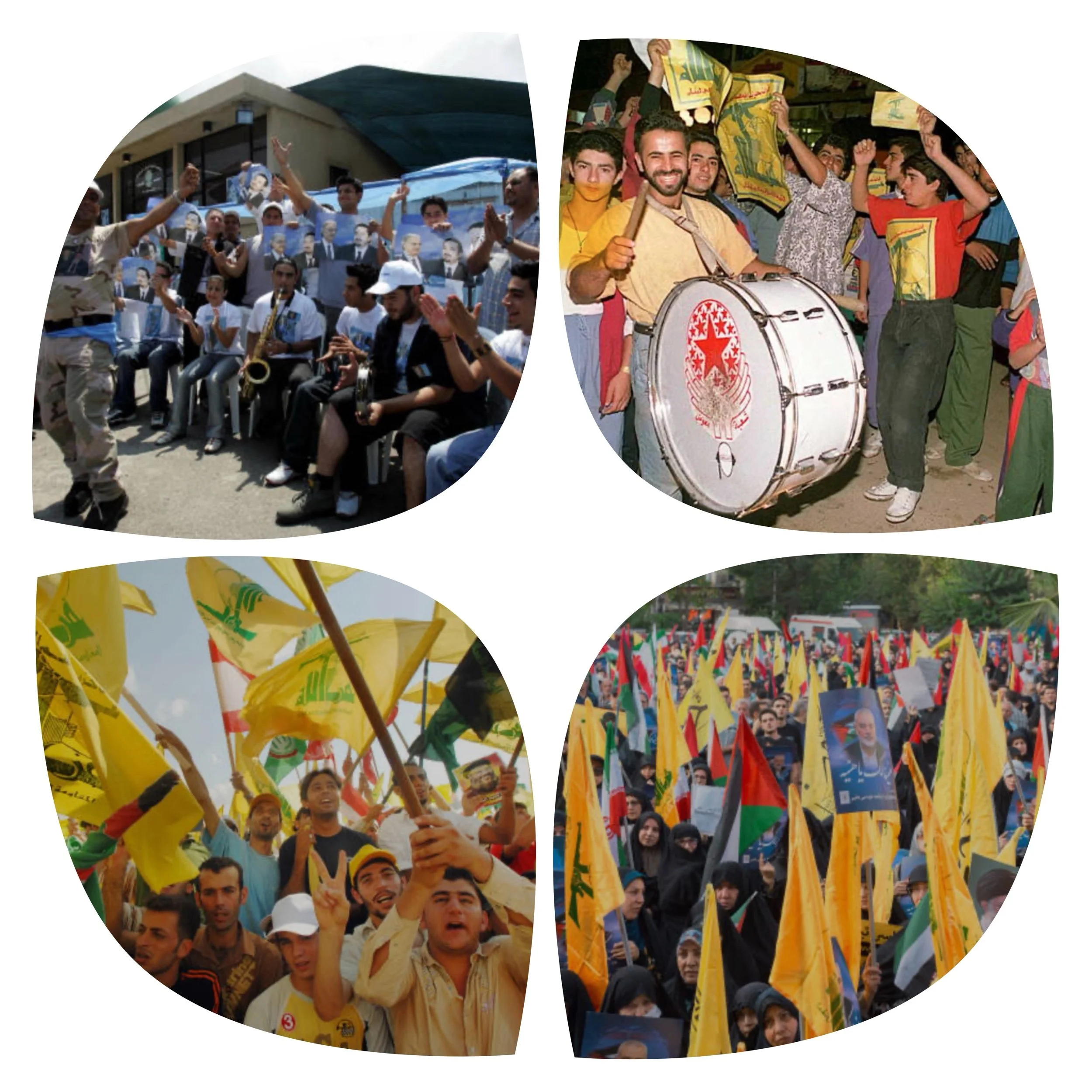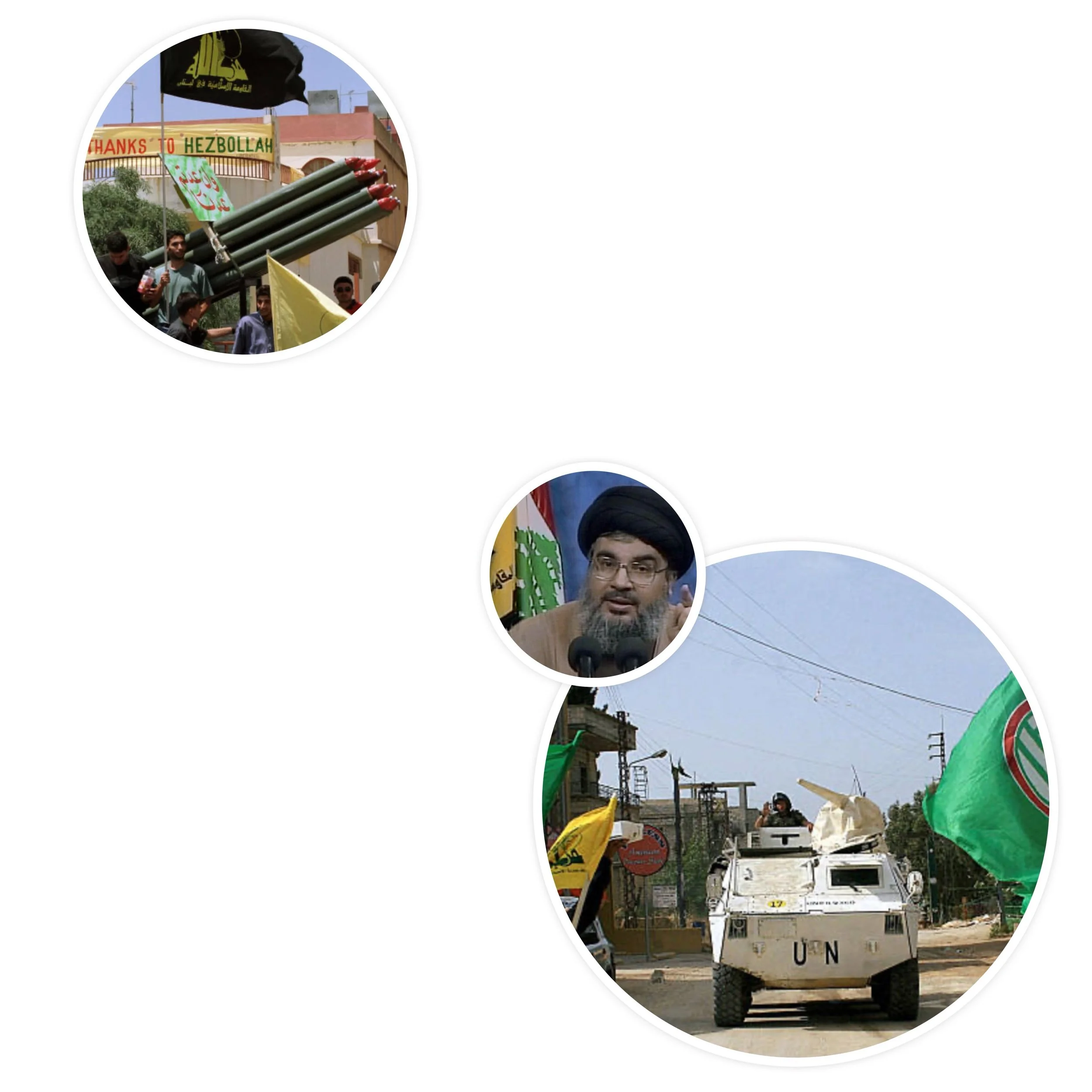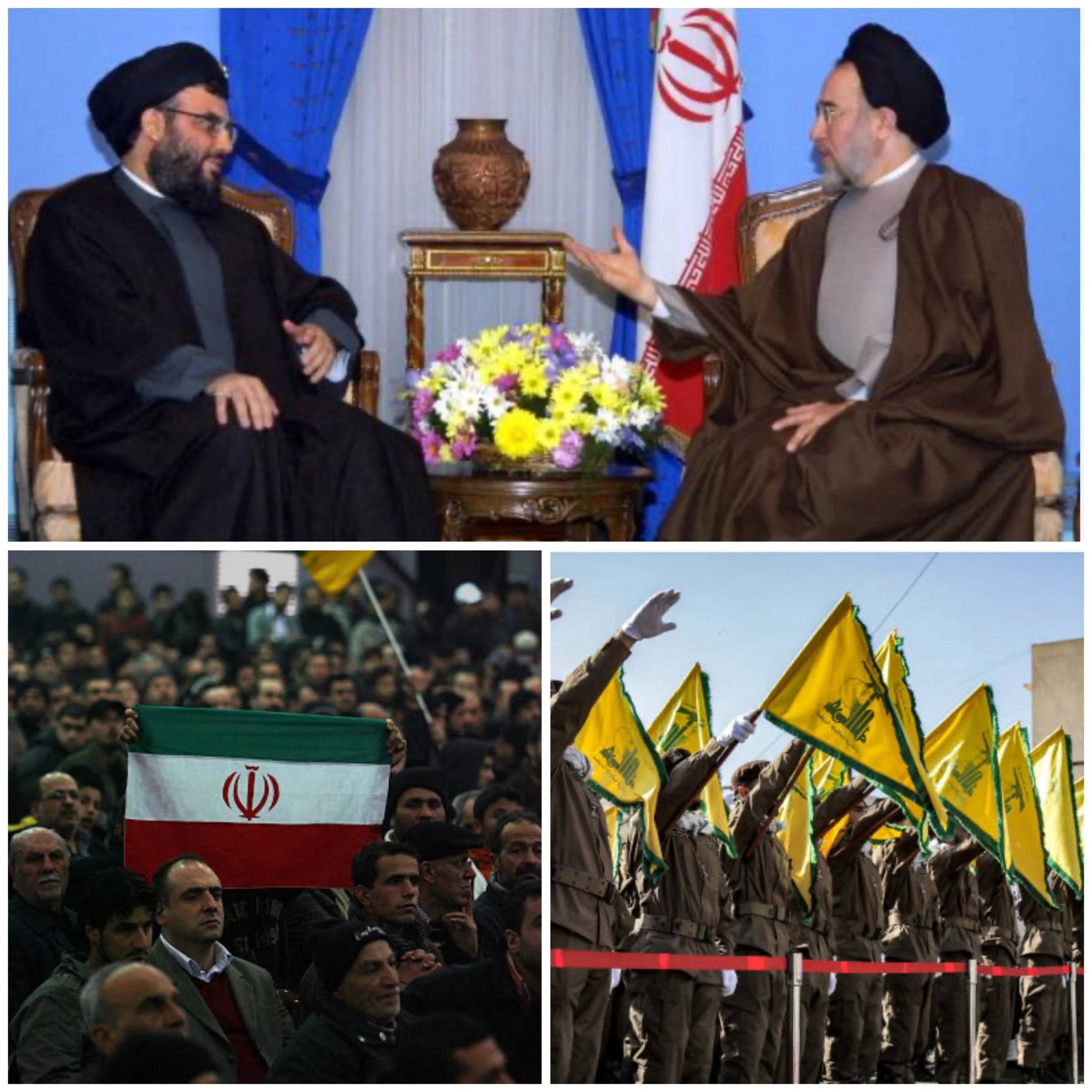How did the Israeli invasion of Lebanon in 1982 influence Hezbollah's rise
Introduction
The 1982 Israeli invasion of Lebanon played a crucial role in the formation and rise of Hezbollah. Here are the key ways it influenced Hezbollah’s emergence:
Catalyst for Formation:
The Israeli invasion served as the immediate catalyst for Hezbollah’s creation. A group of Lebanese Shiite clerics, influenced by Iran’s Islamic Revolution, took up arms against the Israeli occupation.
Unification of Shiite Factions:
The invasion helped unify various Lebanese Shiite factions under Hezbollah’s leadership. Iran sent 1,500 Islamic Revolutionary Guard Corps (IRGC) instructors to help organize these groups into a cohesive force.
Popular Support:
The invasion and subsequent occupation created resentment among the local Shiite population, particularly in southern Lebanon. This provided fertile ground for Hezbollah’s recruitment efforts.
Ideological Foundation:
Hezbollah’s founding ideology was deeply rooted in resisting Israeli occupation. Its 1985 manifesto explicitly called for expelling Western powers from Lebanon and destroying Israel.
Military Experience:
The conflict with Israeli forces allowed Hezbollah to gain valuable combat experience and develop its guerrilla warfare tactics.
Iranian Support:
The invasion provided Iran with an opportunity to expand its influence in the region by supporting Hezbollah with funding, training, and ideological guidance.
Legitimacy:
Hezbollah’s resistance against Israeli occupation helped it gain legitimacy in the eyes of many Lebanese, particularly in the Shiite community.
Power Vacuum:
The invasion and subsequent chaos created a power vacuum in parts of Lebanon, which Hezbollah was able to fill by providing social services and security.
Long-term Conflict:
Israel’s continued occupation of southern Lebanon until 2000 gave Hezbollah an ongoing cause for resistance, helping to sustain its relevance and support base.
Regional Dynamics:
The invasion altered the balance of power in Lebanon, weakening other factions like the PLO and creating space for Hezbollah to emerge as a significant player.
Conclusion
In essence, the 1982 Israeli invasion created the conditions that allowed Hezbollah to form, gain support, and establish itself as a powerful militant and political force in Lebanon. The ongoing occupation provided Hezbollah with a clear enemy and purpose, which it used to solidify its position in Lebanese society and politics.






